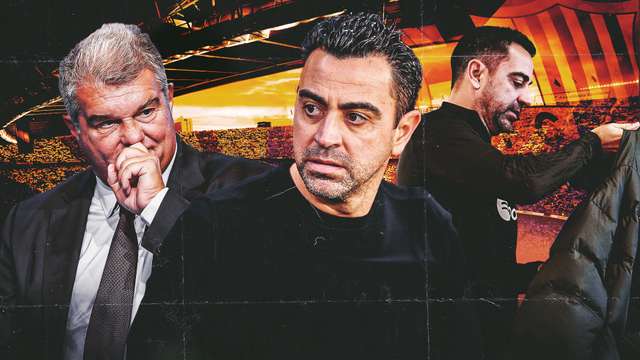Clarence Seedorf’s tenure as Cameroon coach is over; just short of a year after he was appointed, and following a disappointing Africa Cup of Nations campaign, the Dutch great has been relieved of his duties.
He’s proving to be yet further proof that a stellar playing career doesn’t readily translate to success in the dugout, with the former Real Madrid and AC Milan player having failed to last over a year in any of his four managerial appointments to date.
Seedorf is a fascinating case. He appears to be intelligent, urbane, cultured, he moved to Brazil’s Botafogo late in his career to sample football in another context, and has even given an Oxford Union address…not many African football managers can say that!
Yet he remains an enigma, having failed to demonstrate his man-management skills, his coaching qualities or the winning mentality that he surely must have cultivated during his playing career at the pinnacle of the European game.
Instead, Seedorf has come across as out of touch and arrogant, while the football itself hasn’t been particularly impressive either.
At the end of his tenure, his record reads played 12, won four, drawn five, lost three. It isn’t appalling, but for a team of Cameroon’s stature, it isn’t good enough.
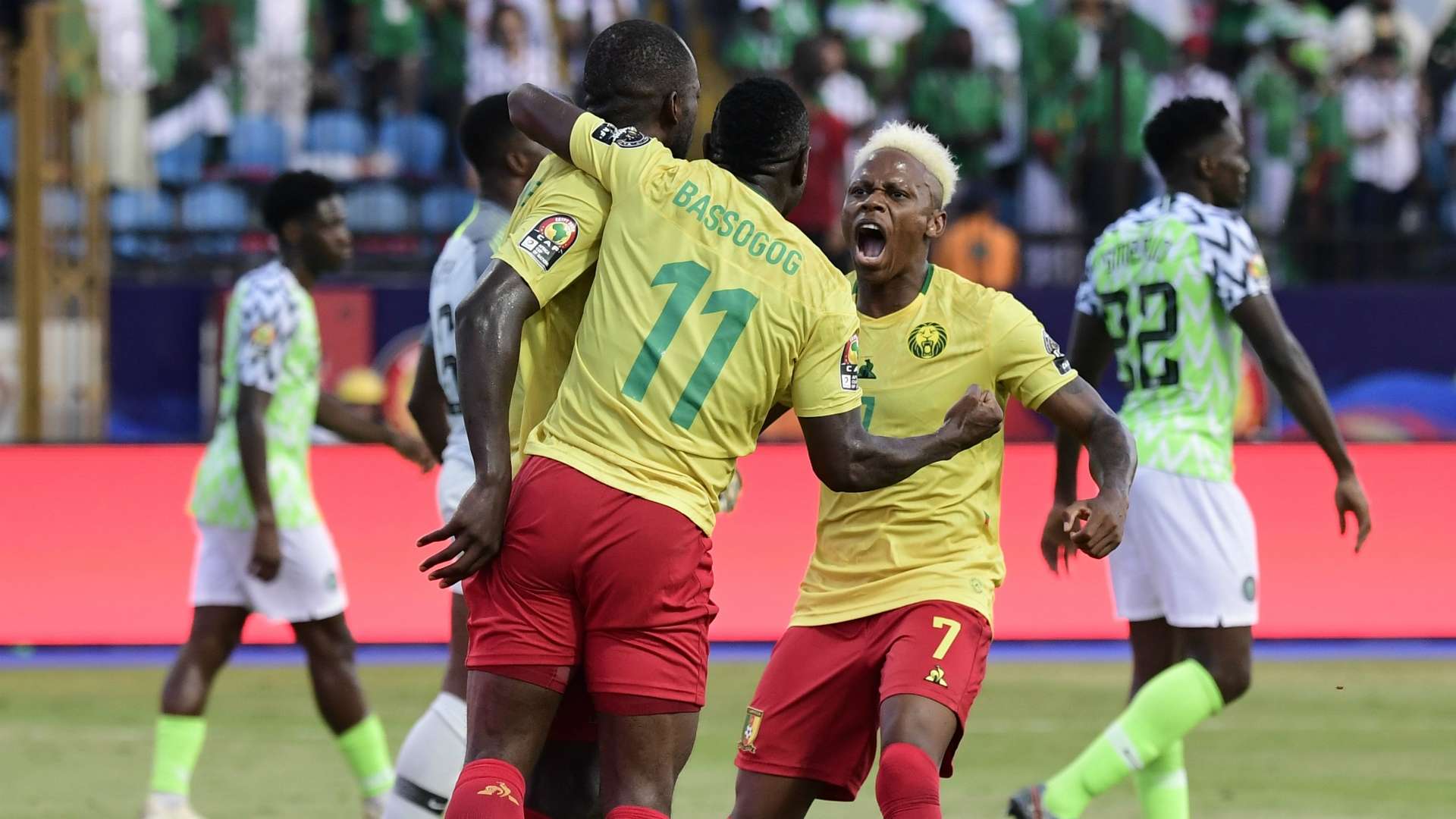 Getty Images
Getty Images
There are caveats to those results; for the first swathe of fixtures, the Lions believed they were playing friendly matches as they were anticipating qualification for the 2019 Afcon as hosts.
Caf’s decision to strip them of the competition in late 2018, before belatedly replacing them with Egypt, meant that they had to beat the Comoros in their final qualifier to secured their berth at the tournament.
Of Seedorf’s three defeats, only one was really of consequence.
The loss against Morocco during the qualifying campaign was when Cameroon were still treating those fixtures as preparation, without realising they may need the points to qualify, while the 1-0 friendly defeat by Brazil can hardly be held against him.
The only critical loss was the Afcon Round of 16 defeat by Nigeria, where the Lions came from 1-0 down to lead 2-1 before a second-half capitulation.
Heading into that fixture, Seedorf had gone unbeaten in his previous six matches, and they certainly held their own against a Super Eagles side that ultimately reached the semi-finals.
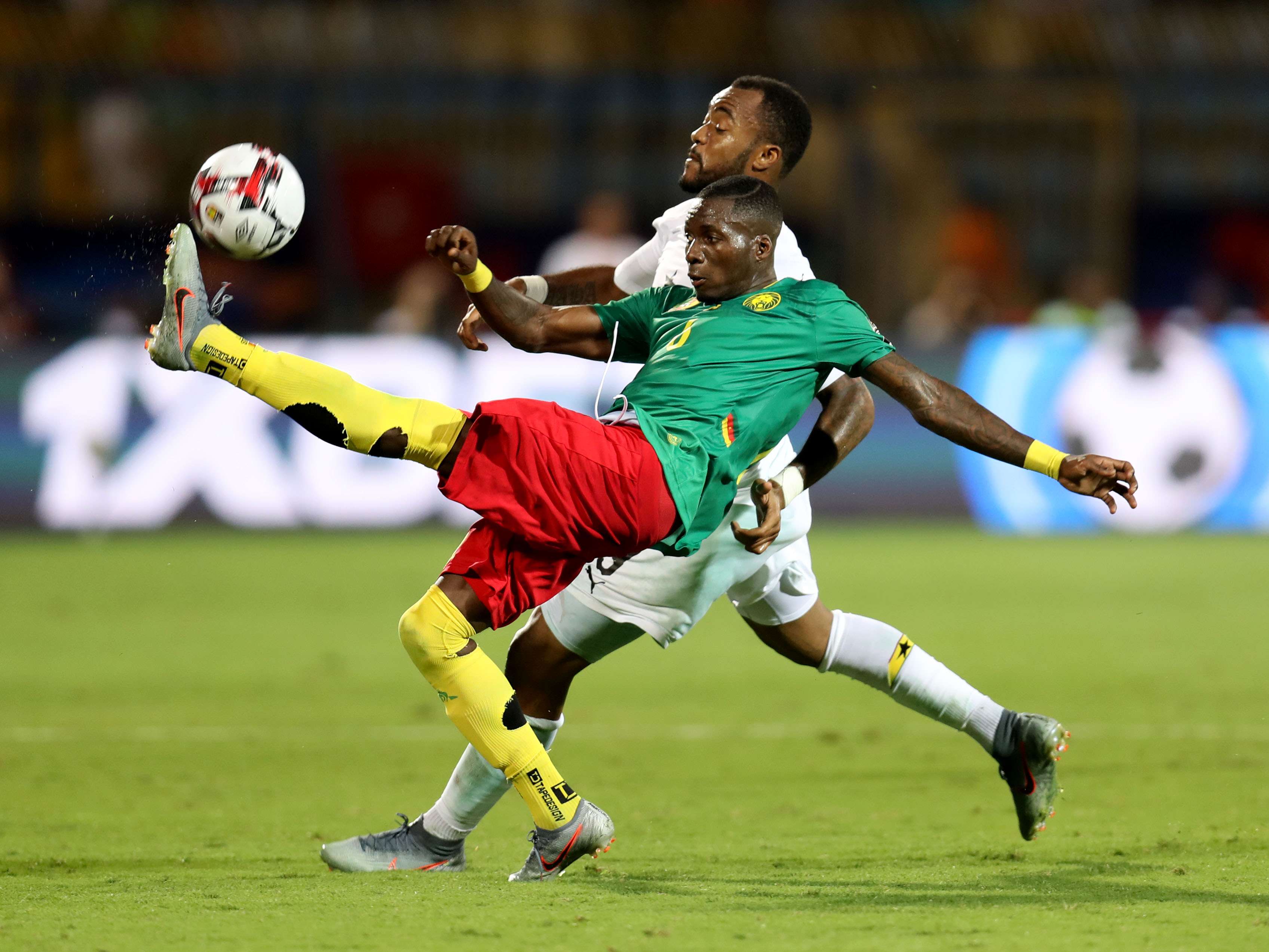
Their group-stage campaign was underwhelming, with two goals in the space of three second-half minutes against Guinea-Bissau settling a cagey encounter, before they were fortunate not to fall behind in the 0-0 draw with Ghana.
In their final group game, against Benin, they may have been held—again in a goalless stalemate—but this was a Squirrels team who were well drilled, well organised, and would go on to eliminate Morocco in the Round of 16.
Nothing about Cameroon’s results under Seedorf have been particularly horrible, although he was always going to be under immense pressure after failing to even reach the quarter-finals with the defending champions.
There has been disquiet about his selection decisions, with some fans and pundits unhappy about the continued neglect of the likes of Thomas Bawak Etta, Franck Kom, Petrus Boumal or Jean-Pierre Nsame.
However, would any of those players have moved the needle for Cameroon or been genuine difference-makers at the Afcon?
The first three names are defensive talents anyway, and this wasn’t specifically the Lions’ problem in Egypt.
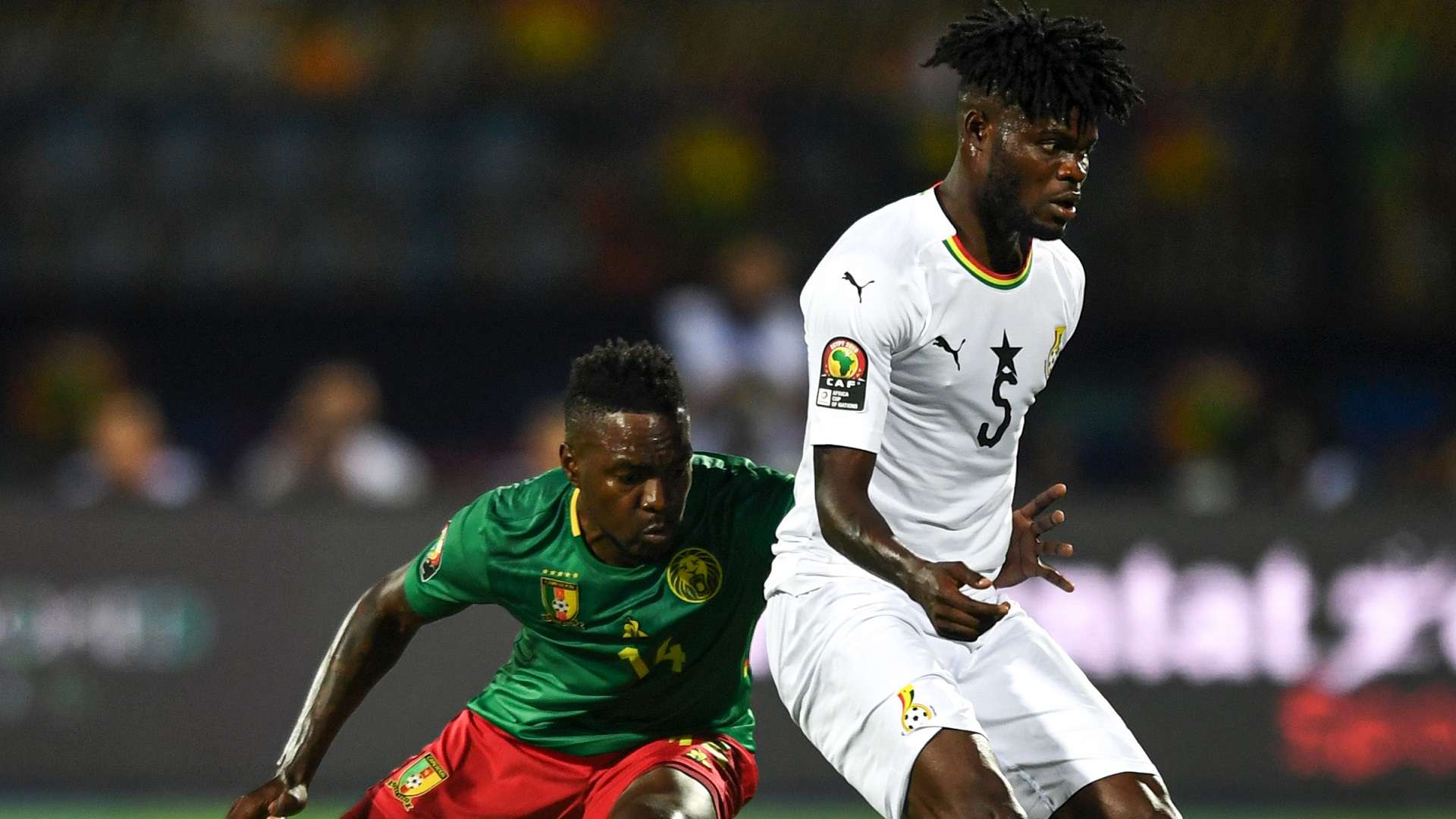 Getty
Getty
The persistence with Georges Mandjeck—viewed in some quarters as a manager’s favourite—has also prompted some complaints, although the midfielder’s passing—while unadventurous—was unerringly consistent during the tournament and he certainly appeared to offer stability.
It’s little coincidence that Cameroon’s capitulation against Nigeria—they conceded in the 63rd and 66th minutes—came following Mandjeck’s withdrawal in the 62nd minute.
He, certainly, was not the Lions’ problem, even though Pierre Kunde did offer a little more excitement when he was introduced.
Mandjeck’s costly substitution after the hour mark—with Cameroon leading 2-1—was a glimpse at the manager’s naivety.
“Mandjeck is very important player,” Seedorf had told journalists after the draw with Ghana, “he is experienced, he knows how to help the defenders, to cover that area very well.”
Yet despite the midfielder making a series of vital defensive contributions against Nigeria—three tackles, two interceptions, two clearances—he was sacrificed, in a grave error by the coach.
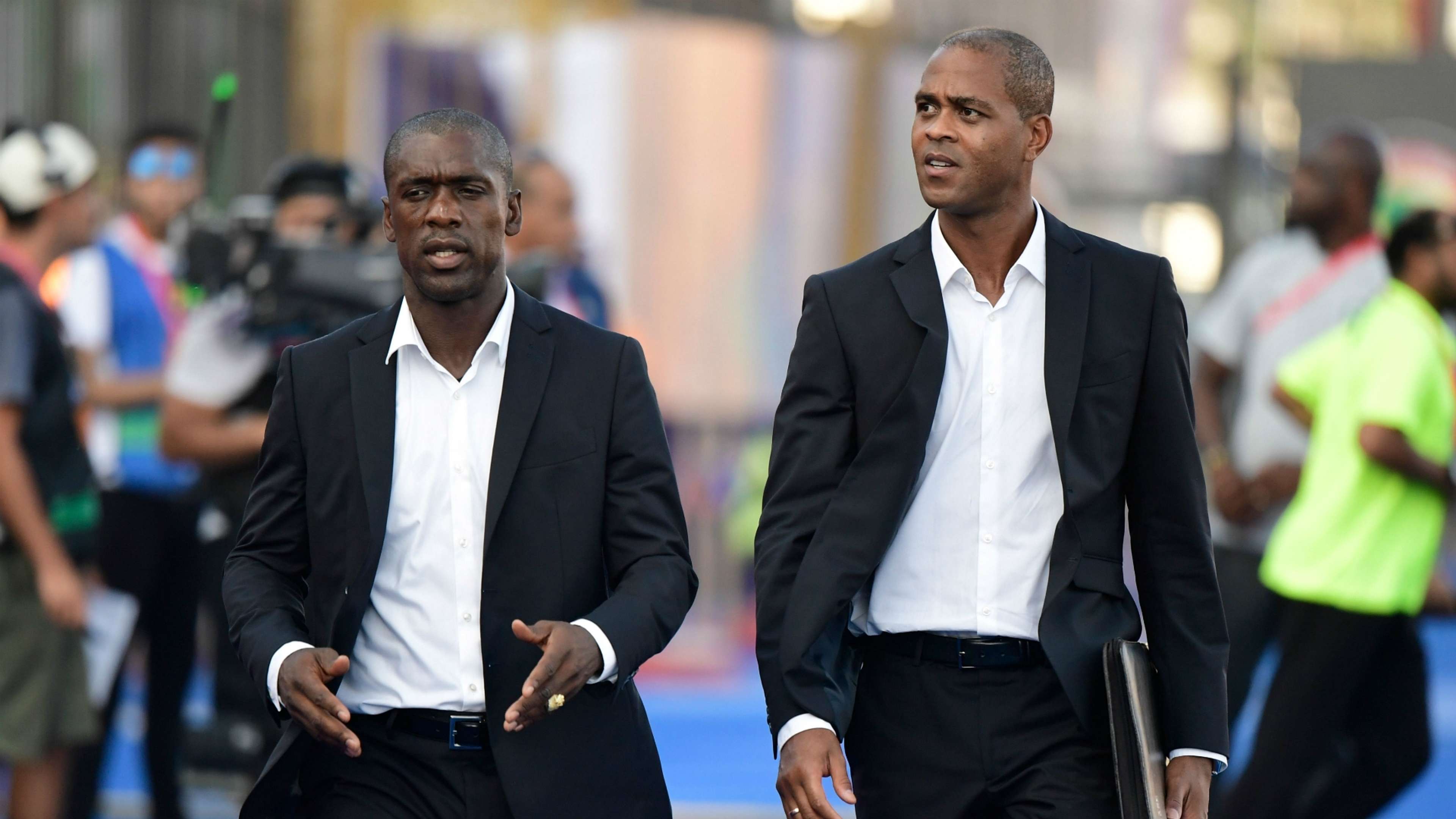 Getty Images
Getty Images
Midfield appeared to be an area of relentless experimentation for Seedorf during the tournament, and he never quite settled on an ideal solution to give him stability, control and a creative output.
It should have been evidence, however, that Mandjeck was key to whichever trio—or duo—he opted for.
Selection problems beyond Seedorf’s control did hurt him, however. Defensive duo Nicolas N’Koulou and Joel Matip both maintained their international retirements, denying the coach two of the best African defenders on the planet, and two players who would have been absolutely ideal elements to implement the coach’s slow build, possession-based approach.
Similarly, while Cameroon did struggle to put away their chances in Egypt—with Clinton N’Jie never looking truly comfortable when drafted into a central attacking role—it’s worth remembering that Seedorf was denied two forwards before the tournament.
Vincent Aboubakar, named in the provisional squad, was injured ahead of the campaign, while Joel Tagueu was forced to withdraw late after his medical revealed a heart defect.
What difference could the former, in particular, have made while his compatriots were labouring for a goal?
In truth, however, Seedorf’s reign was doomed for two reasons.
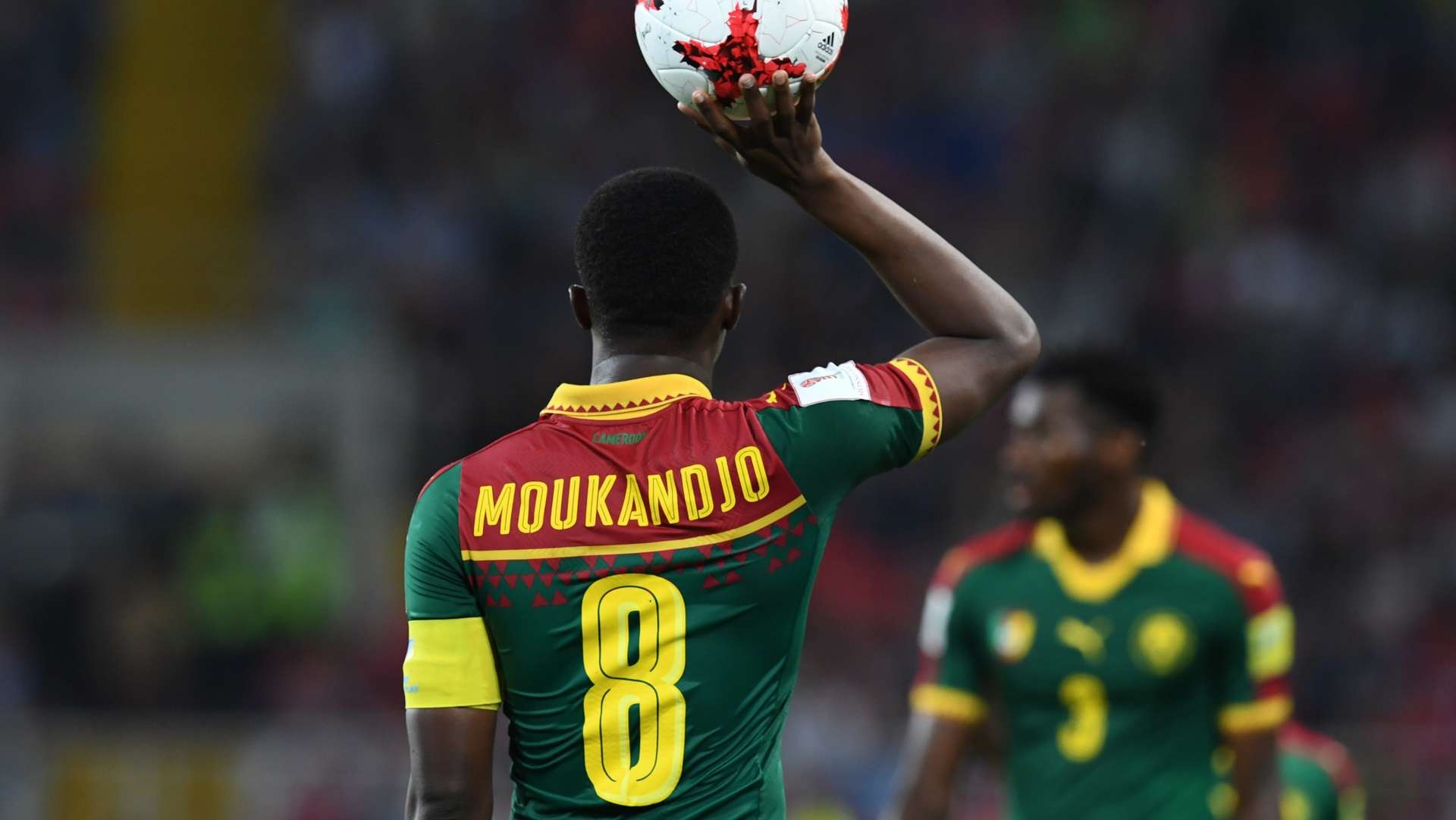 KIRILL KUDRYAVTSEV/AFP/Getty Images
KIRILL KUDRYAVTSEV/AFP/Getty Images
Firstly, the headstrong coach’s attitude may have proved costly. He was immediately undermined by the Benjamin Moukandjo debacle, when he left the national team captain out of his first squad and revealed that he wouldn’t be selecting players based in “Asia or China” moving forward.
Moukandjo, a key player in the 2017 Afcon-winning campaign, promptly announced his international retirement—disgusted by his treatment at the hands of the new man—before Seedorf promptly named China-based Christian Bassogog in his next squad.
The hypocrisy was impossible to overlook, while Seedorf’s strategy—particularly short-sighted considering China-based Odion Ighalo’s five goals in the ongoing tournament in Egypt—also denied Cameroon the presence of midfield general Sebastien Siani.
Not only had the coach made the Lions weaker on the field, he’d made them weaker in the dressing room too—and undermined his own lucidity in the process.
The attitude that riled Moukandjo also prompted a scathing critique from Boumal—jettisoned from the squad ahead of the tournament—who predicted that the national side would never find success with Seedorf at the helm.
Boumal’s stepping out of line only hinted at the indiscipline—some unconfirmed, some underreported—that appeared to affect the team during the Nations Cup.
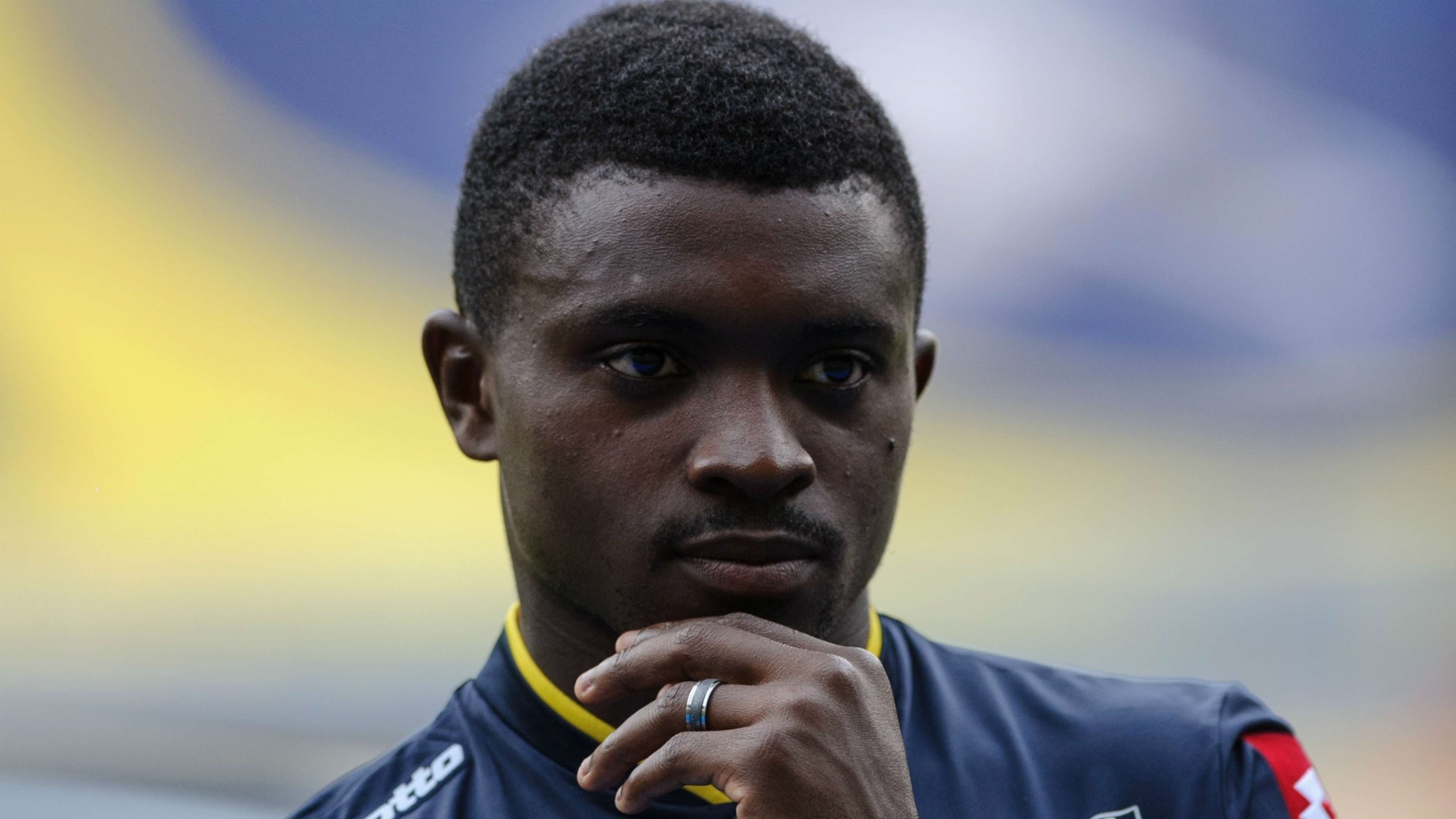 Getty Images
Getty Images
Finally, the Dutchman’s tenure may well have been doomed from the start due to the current state of Fecafoot—the nation’s federation.
Matip and N’Koulou, as well as the likes of Allan Nyom, Andre Onana and Eric-Maxim Choupo-Moting have all stayed away from the national team in the past citing disorganisation, and yet again, there was a chaotic perception about their ‘management’ of the Afcon campaign.
There were the curious additions—and then further additions—to Seedorf’s preliminary squad, which spiralled to 37 names at one point, with names seemingly added at random by forces beyond the coach himself.
Then there was the bonuses fiasco which delayed the team’s departure for Egypt, although the federation have at least suggested that an Ethics Charter will be drawn up to ensure that similar scenarios are avoided.
Joseph-Antoine Bell once asked me why, when players around the world love returning home to play for their national teams, Cameroon players so consistently stayed away, before suggesting that the answer lay within the federation.
Even the way the nation’s sports minister appeared to announce the Dutchman’s departure before the federation had, just hinted at the chaos, ego and lack of professionalism that exists beneath the surface.
Some may argue that Cameroon’s Afcon 2017 success under Hugo Broos couldn’t have been achieved if Fecafoot hadn’t provided the platform for the victory, and certainly, there’s an interesting discussion to be had there.
However, the federation don’t appear to have consistently helped Seedorf achieve success during his first steps into African football.
If he is to return to the continent’s game, then surely his attitude, his outlook and his approach, must be modified.
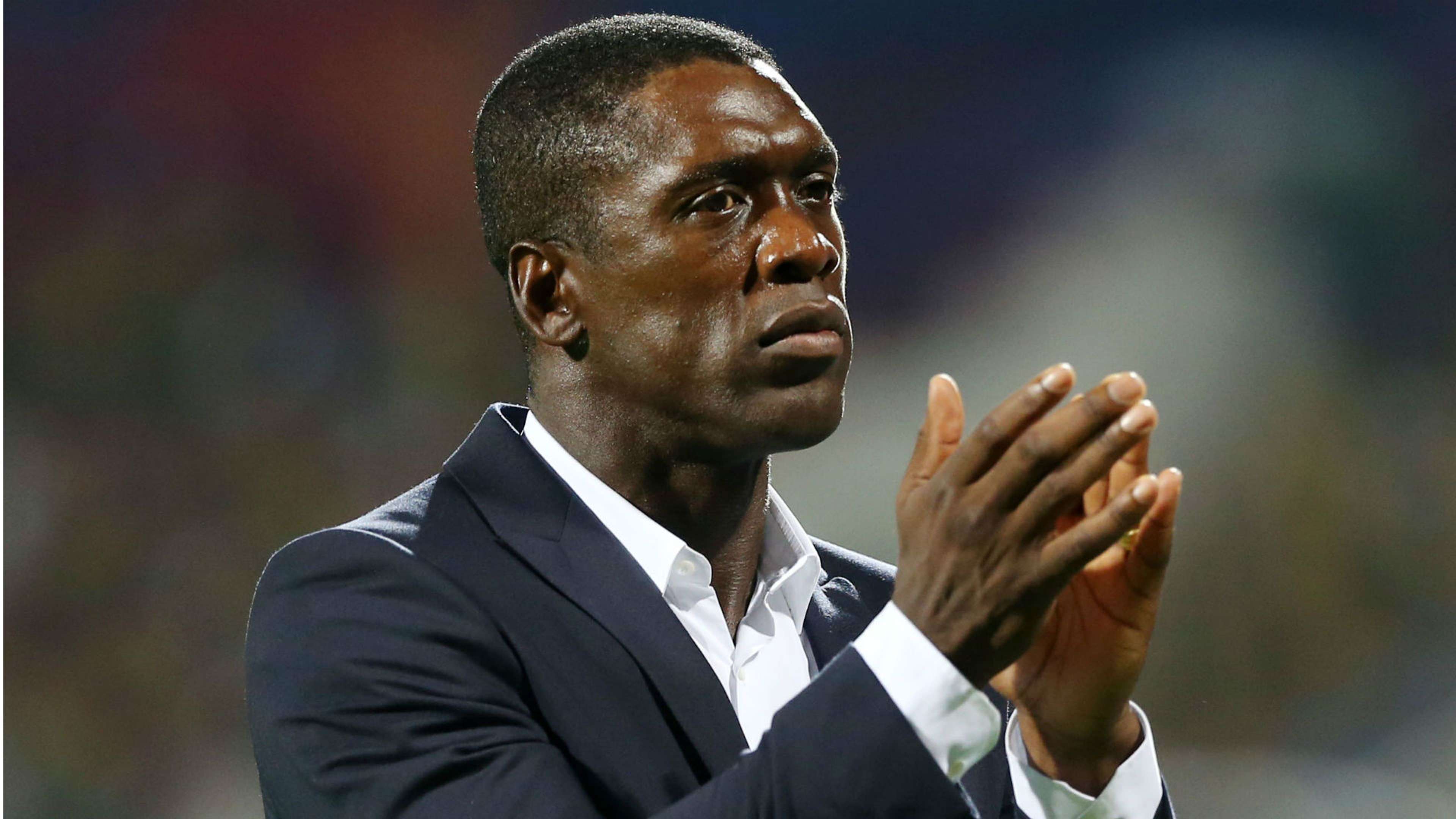
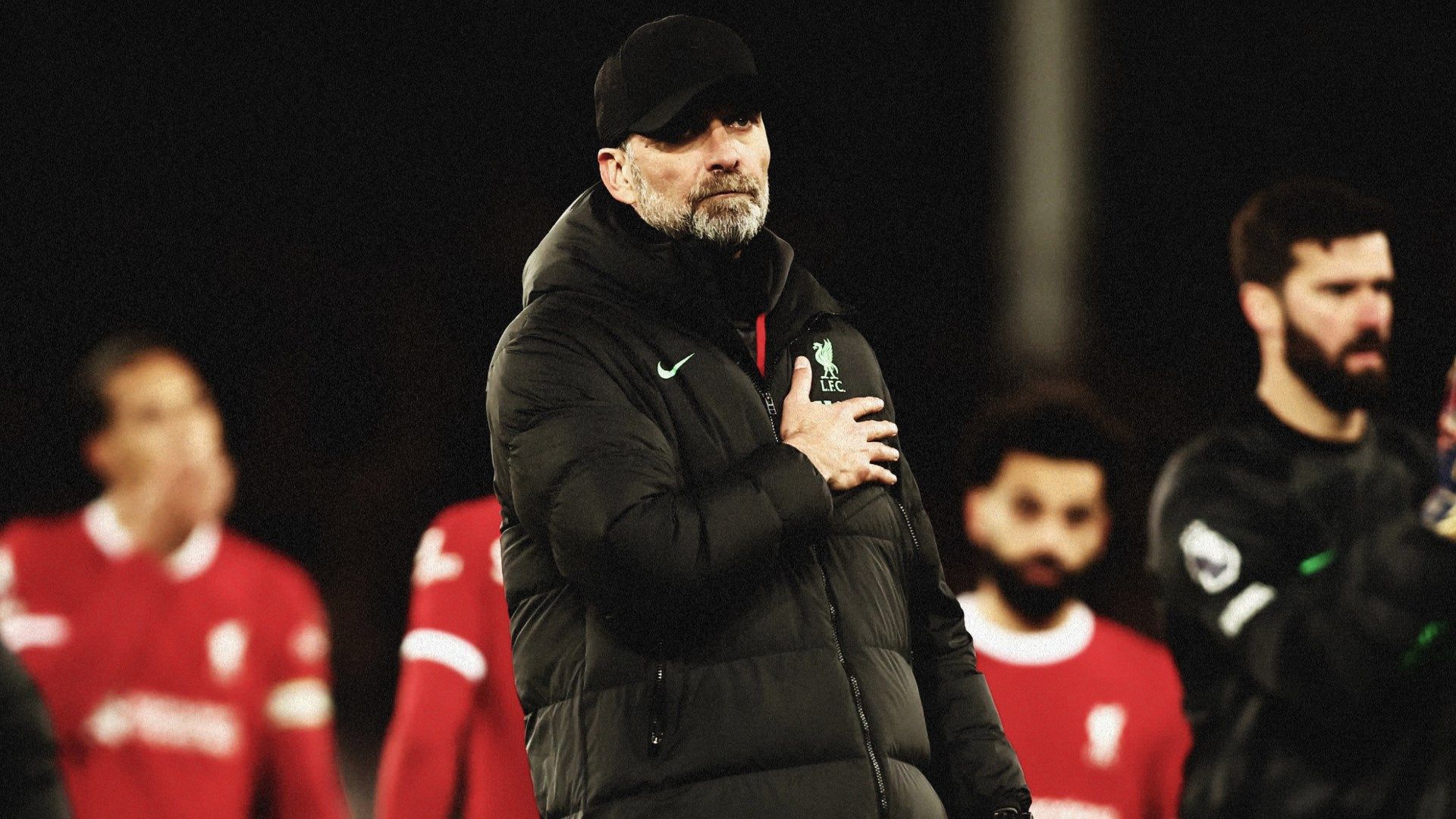.jpg?auto=webp&format=pjpg&width=640&quality=60)
.jpg?auto=webp&format=pjpg&width=640&quality=60)
